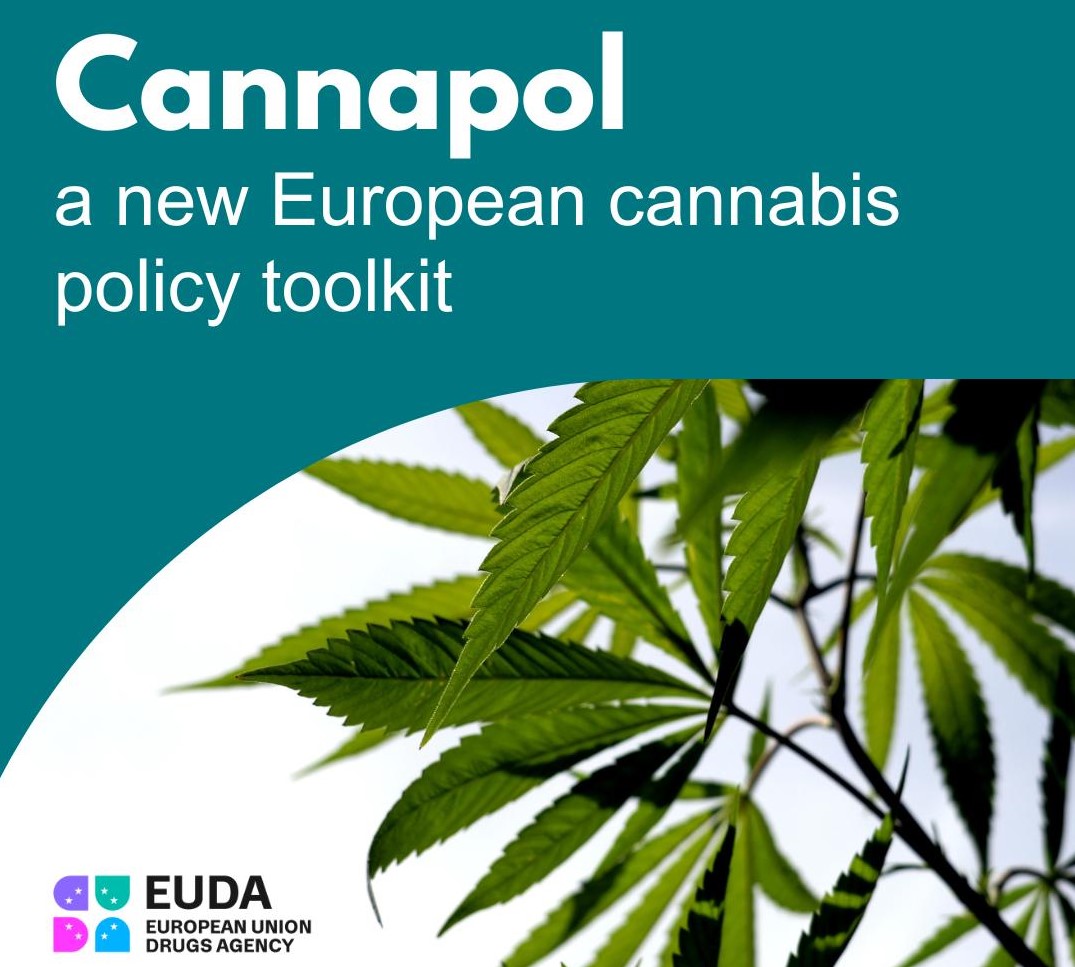EU Releases Cannapol Toolkit to Aid Member States in Crafting Adult-Use Cannabis Rules
BRUSSELS – The European Union Drugs Agency (EUDA) unveiled the Cannapol toolkit, a set of resources intended to help national governments build regulated markets for recreational Cannabis. Developed over months of consultation with experts and regulators, the toolkit draws on data from early adopters like Germany and Malta to offer practical guidance on everything from personal growing limits to storefront operations and health protections.
Officials at the EUDA, the bloc’s drug policy arm, described Cannapol as a response to the patchwork of reforms sweeping Europe. With countries like the Netherlands, Czechia, and Luxembourg testing home-grow programs and sales channels, the agency sought a centralized reference point.
The project, led by research groups RAND Europe and the Trimbos Institute, pulls together case studies, evaluation templates, and an online database of real-world outcomes from policy shifts. At its core, Cannapol avoids prescribing one-size-fits-all rules, instead equipping lawmakers with tools to weigh trade-offs; say, between allowing small-scale home cultivation and scaling up licensed production to meet demand.
The toolkit’s rollout follows a June workshop in Lisbon, where policymakers from a dozen member states brainstormed its structure. That session, attended by regulators and academics, zeroed in on gaps in current approaches: How do you ensure banks serve Cannabis suppliers without risking money-laundering flags? What metrics track whether retail bans on high-THC products actually cut youth use? Over the next three years, EUDA plans to refine Cannapol through annual updates, starting with surveys of 50 organizations in 10 to 12 countries to catalog implementation hurdles.
Digging into the details reveals a deliberate focus on measurement. One standout element is the Cannabis Indicator Database, a searchable archive of benchmarks used in places like Canada and Uruguay. It covers supply chain volumes, consumption patterns, and even road safety stats tied to driving-under-influence laws. Analysts point out that past reforms often faltered for lack of such baselines. In Colorado, for instance, early sales data helped adjust taxes but missed early signals on black-market persistence. By contrast, Cannapol pushes for “logic models”, flowcharts linking policy goals to verifiable results, to sidestep those blind spots.
Public support adds urgency to the effort. A recent EUDA poll found 53% of residents across the 27 member states back some form of adult-use access, though that’s down from 62% three years back, possibly reflecting fatigue with enforcement costs. Nineteen governments now lean toward regulation over prohibition, up from a minority a decade ago.
Critics, including market consultants at Prohibition Partners, argue for deeper input from operators who handle daily logistics. They cite Uruguay’s model, where grower cooperatives stabilized supply but required years of trial and error not fully captured in databases. On the flip side, proponents see Cannapol filling a void left by fragmented national efforts. If even half the member states use its evaluation tools, it could standardize reporting, making cross-border trade talks, like those on labeling standards, far smoother.
For the Cannabis sector, this signals a shift from ad-hoc legalization to data-driven scaling. Early movers like Malta, with its club-based sales, stand to export lessons on capping memberships to prevent overloads, while laggards in eastern Europe might borrow public-health modules to build safeguards against overuse. The toolkit explicitly skips medical Cannabis, leaving that to separate EU guidelines, but its harm-reduction bent, emphasizing prevention over punishment, aligns with broader agency goals.
Highly Capitalized Network, as the industry observer tracking the global Cannabis pulse, has watched enough rollouts to know tools like Cannapol don’t rewrite laws overnight. They do, however, arm decision-makers with the kind of rigor that turns bold ideas into workable systems. If EU states lean in, expect fewer stumbles in the years ahead; if not, it’ll serve as a reminder that evidence waits for no one. Either way, the conversation in Europe just got a lot more grounded.



































